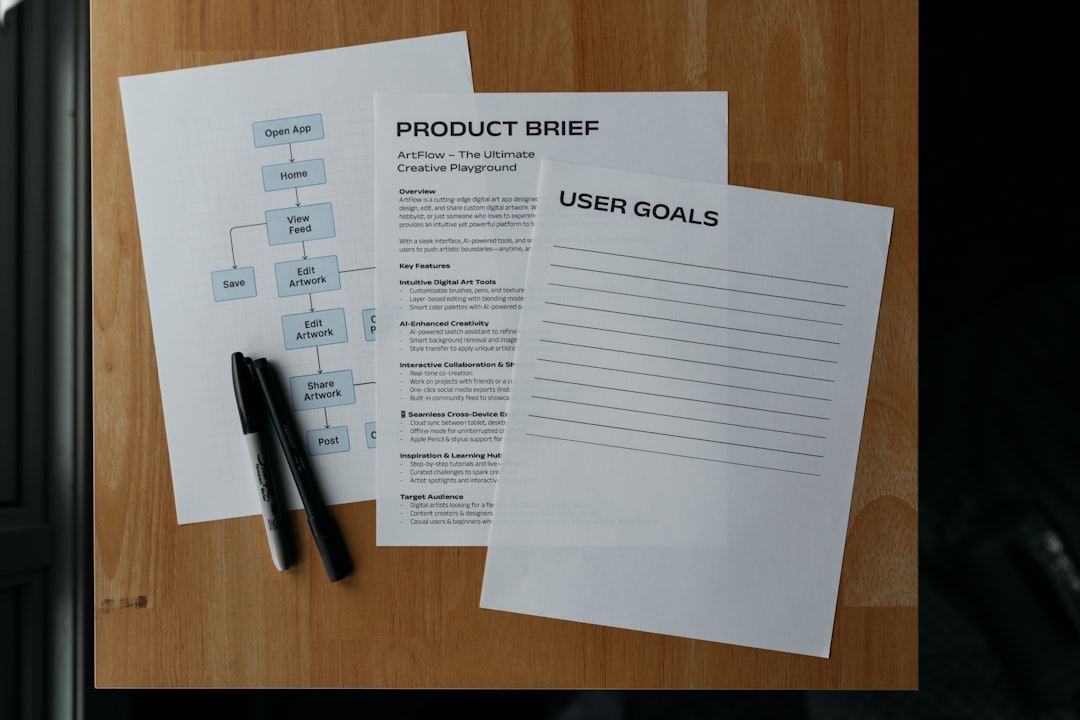Creating a powerful and professional musician CV is essential for anyone looking to make a mark in the music industry. A well-structured curriculum vitae is more than just a list of gigs; it showcases a musician’s skills, experiences, and achievements, making it easier for agents, venues, and collaborators to assess a candidate’s fit. Whether you’re a classical violinist, a rock band member, or a solo singer-songwriter, your CV communicates your unique combination of talent and experience.
What Does a Musician CV Include?
A musician CV is different from a traditional resume. While it still covers typical sections like experience, education, and skills, it also requires emphasis on performances, recordings, and collaborations. Here’s a breakdown of what should be included:
- Contact Information: Full name, email, phone number, and website or portfolio link.
- Professional Summary: A concise paragraph summarizing your strengths and career highlights.
- Education: Degrees, diplomas, or training from music schools or conservatories.
- Performance Experience: List of concerts, tours, recitals, or live performances with dates and locations.
- Recording & Studio Work: Albums, EPs, collaborations, or featured tracks.
- Instruments & Styles: Detail the instruments you play and musical genres you specialize in.
- Skills: Sight-reading, composition, improvisation, etc.
- Awards & Honors: Competitions won, recognitions or grants received.
- References: Available upon request or listed if desired.

Sample Musician CV
Below is an example of what a simplified musician CV might look like:
John Raymond Email: johnraymondmusic@example.com | Phone: (555) 123-4567 Website: www.johnraymondmusic.com Professional Summary: Talented and versatile guitarist with over 10 years of experience in live performances and studio recordings. Skilled in a wide range of genres including rock, blues, and jazz. Strong improvisational skills and proven ability to collaborate with other musicians and producers. Education: Bachelor of Music in Guitar Performance – Berklee College of Music, 2015 Performance Experience: Lead Guitarist – "The Echo Circuit" Band (2016–2022): Performed over 120 live shows across major US cities Session Guitarist – RedRoom Studios, Boston (2018–2021): Worked with over 30 independent artists Recording Work: Debut Album: “Strings & Stories” (2020) Featured Guitarist: "Waves EP" by Lexi Turner (2019) Skills: Electric and Acoustic Guitar, Improvisation, Songwriting, Music Theory, DAW Proficiency (Logic Pro, Ableton) Awards: Best Emerging Artist, Boston Indie Awards (2019)
Tips for Writing an Effective Musician CV
Writing a compelling musician CV involves both artistry and professionalism. Here are several tips to help enhance your CV:
- Tailor Your CV: Customize your CV for each application, whether it’s for a gig, teaching job, or studio session.
- Be Specific: Instead of generic descriptions, include venue names, dates, collaborators, and event sizes.
- Highlight Collaborations: If you’ve worked with well-known artists or producers, make sure to mention them.
- Keep It Organized: Use clear headings and bullet points for readability.
- Include Online Links: Showcase your music through a website, portfolio, YouTube channel, or Soundcloud.

Common Applications of a Musician CV
A musician CV is particularly useful in a range of professional settings. These include:
- Applying for teaching or faculty positions in music schools or universities.
- Audition submissions for orchestras, operas, or ensembles.
- Booking performances at clubs, theaters, and festivals.
- Applying for grants, residencies, or scholarships.
- Networking and collaboration pitches.
Frequently Asked Questions (FAQ)
- Q: How long should a musician CV be?
A good musician CV is typically 1–2 pages. However, if you’re an established artist with an extensive portfolio, it may be slightly longer. - Q: Should I include recordings or audio samples in my CV?
No, but you should include links to your work online such as on Spotify, YouTube, or your personal website. - Q: Is a resume or CV better for musicians?
A CV is better as it focuses on a comprehensive list of performances, collaborations, and relevant experience which a resume might condense too much. - Q: Should I include photos or headshots?
Include a link or embed it in an electronic portfolio—not typically within the CV itself unless requested. - Q: Can I use the same CV for teaching and performing jobs?
It’s best to tailor your CV slightly for each role, highlighting teaching experience for academic positions and performance work for gigs or auditions.
